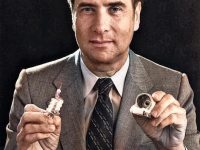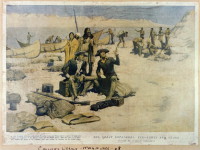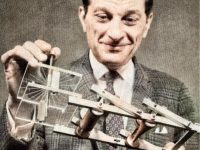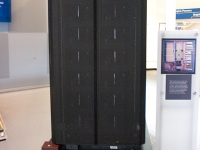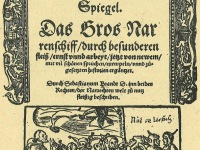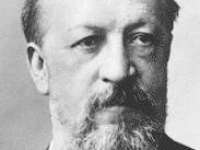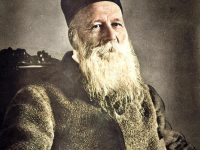Theodore Maiman and the Invention of the Laser
On May 16, 1960, American physicist Theodore Maiman presents the world’s first operating laser at Hughes Research Laboratories, Malibu, California. Today, lasers are present everywhere, ranging from common consumer devices such as DVD players, laser printers, and barcode scanners to professional laser devices for surgery and various other skin treatments, or in industry for cutting and welding materials. Actually, it was Albert Einstein, who has laid the theoretical foundations for the laser in his…
Read more











